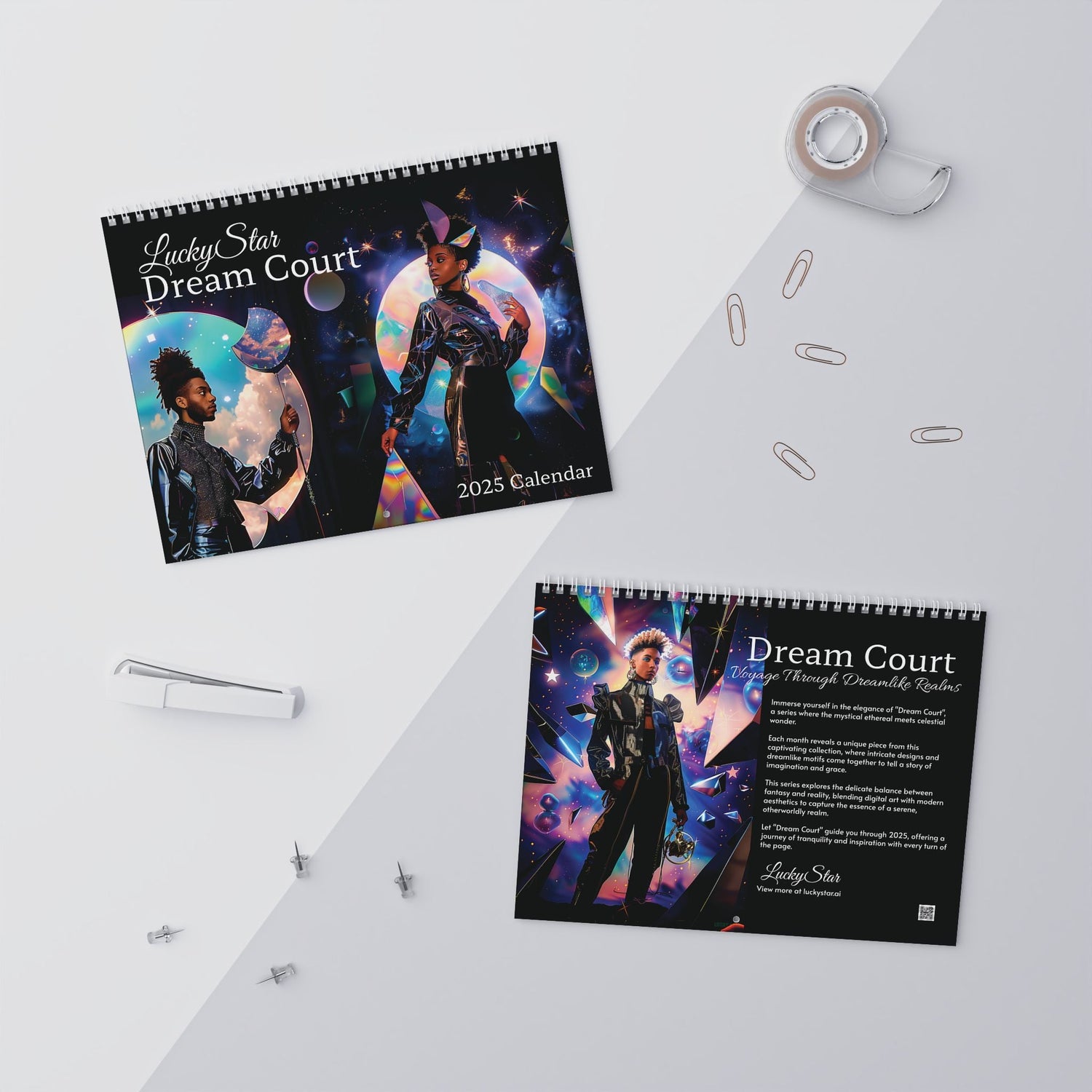
The Cost of Constraining Expression: Why Abstraction Should Not Be a Privilege
By Lucky Star, Responsible AI | Blockchain Educator & Consultant
[May 2025] — In creative and digital spheres, expression is shaped not only by inspiration but by permission. This is particularly evident when considering how individuals across different global communities are expected—or allowed—to communicate identity. For many Black individuals, particularly those in the diaspora, the expectation remains: identity is best proven through the visible body, personal history, and direct cultural reference. Meanwhile, abstraction—the use of form, material, or concept without explicit citation of origin—is often more readily rewarded when practiced by others.
This is not only a question of aesthetic choice. It has deep implications for how human value is recognized and how ideas are allowed to circulate.

Expression Under Uneven Terms
Scholars and artists have noted that abstraction has often been misread as detached from identity when practiced by some, while others are tasked with always making their identity legible (Raiford, 2020). This pressure to perform visibility can confine Black creators to specific themes, limiting their participation in broader creative or intellectual dialogues unless mediated through race or history.
The expectation to “explain” or “present” culture directly reinforces a dynamic where recognition becomes conditional. As Jackson (2020) argues, frameworks of expression are historically shaped by who has been allowed to signify without scrutiny, and who has had to continually prove presence, meaning, and humanity through legibility.
What We Lose as a Shared Species
When only a portion of humanity is granted space to explore the abstract—be it in technology, art, or theory—entire lines of inquiry are lost. We lose innovation that might arise from unrestricted creation. We lose relationships that could form through resonance rather than explanation. And we risk creating digital and cultural environments where participation is still tethered to historical expectations, even if the platforms appear new.
This is not an argument for ignoring identity, but for equal footing in how it is shared—or not shared. As Moten (2018) notes, some of the most profound contributions emerge from spaces where meaning is not fixed but felt. To deny some the right to opacity, to conceptualism, or to dissonance is to deny them full creative freedom.
Toward a Broader Practice of Recognition
Recognition does not require performance. If systems, institutions, and digital spaces are to benefit from the contributions of all, they must begin by acknowledging that not every truth arrives dressed in the familiar. Broadening what is understood as valuable or expressive is not just an ethical adjustment—it is a shared advantage.
The evolution of identity in art, technology, and collective spaces depends on what—and who—we are willing to see, even when they do not come annotated.
Sources & References
Jackson, Z. I. (2020). Becoming Human: Matter and Meaning in an Antiblack World. New York University Press.
Moten, F. (2018). Stolen Life. Duke University Press.
Raiford, L. (2020). Abstraction, Black Life, and the Unmaking of White Supremacy. Art Journal, 79(4), 92–95. https://artjournal.collegeart.org/?p=15113

